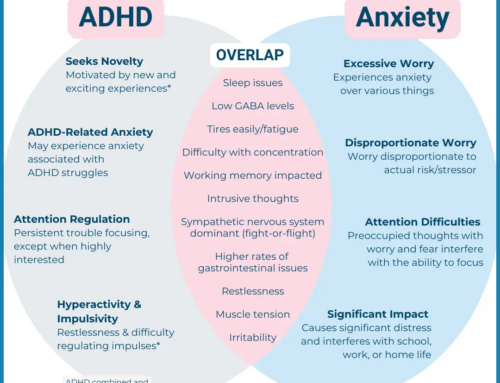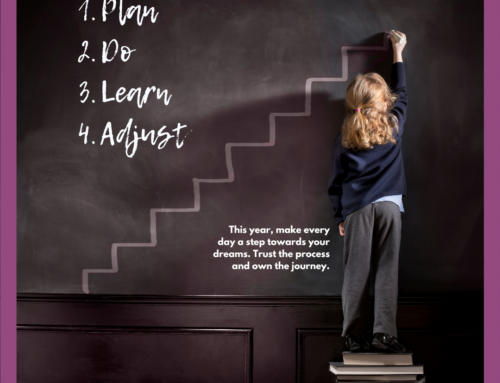ADHD, Energy, and Spoons

8 Steps to Build Habits That Preserve Mental Energy
First: the Spoons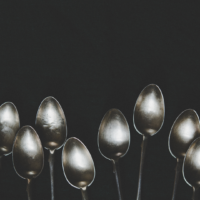
1. Evaluate Your Current Habits
- Do you always start your day with a cup of coffee or tea?
- Do you lay out your clothes the night before?
- Are you constantly searching for your keys in the morning?
- Do you often feel drained when you get home from work?
1. Wake Up
2. Morning routine
3. Breakfast
4. Gather things together
5. Leave for work/school
6. Work/School Activities numbers 6-10
11. After School/Work Activities
12. Dinner
13. Bedtime routine
2. Start Small with New Habits
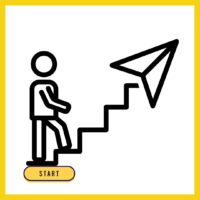 Now you are ready to introduce some new habits into your life! Start with something small and easy, so success feels within reach. This initial achievement will motivate you to develop more complex habits later on. Read this again: start with something small and easy.
Now you are ready to introduce some new habits into your life! Start with something small and easy, so success feels within reach. This initial achievement will motivate you to develop more complex habits later on. Read this again: start with something small and easy. Ok, now you’re ready to read on.
Timing is key! Your life doesn’t happen in a vacuum. Find and schedule time when you can fully focus on developing your new habit. If you don’t have much time, make sure you choose a simple way to start. If you have a habit that takes more concentrated time, set yourself up for success by scheduling time when you know you can give it your best. It could be during a vacation or when you’re in a different environment, where your usual cues and routines are already disrupted. This fresh start will make it easier to build new habits.
One habit that I started last year was drinking 8 ounces of water before I drink my morning coffee. I learned this habit from my training mentors and partners Rob and Steve Shallenberger, with Becoming Your Best Global. It’s the smallest little change but gets me drinking more water throughout the day! …and it leads into the next tip, Habit Stacking.
3. Use Habit Stacking
Habit stacking is the powerful technique that gets your snowball rolling downhill on its own! Here’s how to start: attach a new habit to an existing one that you already do without thinking. For example, if you always make coffee in the morning, use that time while it’s brewing to work on a new habit.
Here’s a great example: I used my coffee-brew-time to water the plants outside every morning in the summer. It was sooooo rewarding to have happy plants greet me on the porch and use minimal brain-power to make it happen. And the added bonuses were: I got my body moving first thing in the morning, I stepped outside to enjoy the gorgeous MN summer morning, and I felt excited to start my day!
Your habit could be assembling your items to head out the door, reviewing your daily planner, prepping your dinner, practicing mindfulness, doing some light exercise, or anything else you want to incorporate.
4. Track and Reward Your Success
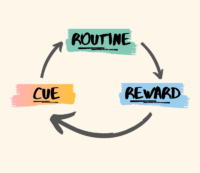
Keep track of your progress and reward yourself along the way! Make a checkmark on a calendar each time you complete a new habit or use habit-tracking apps available on the market. And don’t forget to celebrate your achievements! You can put money in a dedicated jar or use fun stickers – whatever brings you joy and keeps you motivated.
This is a great time to slow down in your reading for just a minute and make a list of rewards that would truly motivate you. Maybe it’s the excitement you feel thinking ahead to how great it will be to have this habit “locked down,” or maybe your reward is an outfit or activity.
5. Use Reminders to Solidify Habits
To make your habits stick, find ways to remind yourself of both the habit itself and the reason behind it. This is setting up your environment to help you succeed. If you are trying to replace a cookie habit, set your new food of choice on the counter, so it is easy to grab instead.
Place a photo or memento in a visible spot, like taping your dentist’s bill beside the bathroom mirror to remind you to floss. You can also set alarms and reminders on your phone or use habit-tracking apps to keep yourself on track. The more positive emotion you build, in addition to creating this supportive environment, the more likely you are to succeed.
And hey, keeping an actual spoon nearby as a visual cue might just do the trick!
6. Assess Setbacks
If you encounter setbacks while building new habits, don’t get discouraged! Instead of throwing in the towel, take a step back and ask yourself some questions to gather the data.
You can think of this process in three stages: Keep, Start, Stop. What do I want to keep doing to achieve my goal, what do I need to start doing in order to be more successful, what do I need to stop or replace doing to achieve success. Some other questions to help you:
- What’s currently holding you back from success?
- How can you modify your environment to support your goals?
- What can you do to make the desired tasks easier to achieve?
- What helped me overcome this obstacle in the past?
7. Ask for Help
 Remember, you don’t have to do this alone! Reach out to us to ask for resources to help you. This may be an ebook, activity, simple poster, free download, or setting up some sessions with a coach. We understand the challenges of ADHD and can help you uncover any hidden obstacles that may be blocking your path to healthy habits. Sometimes, a little professional assistance can go a long way in getting you back on track. Even Coaches have Coaches!
Remember, you don’t have to do this alone! Reach out to us to ask for resources to help you. This may be an ebook, activity, simple poster, free download, or setting up some sessions with a coach. We understand the challenges of ADHD and can help you uncover any hidden obstacles that may be blocking your path to healthy habits. Sometimes, a little professional assistance can go a long way in getting you back on track. Even Coaches have Coaches!
An Accountability Buddy or Accountability Group is another great resource to use when you are in the process of developing new habits or even want to sustain the powerful habits you’ve put in place. Set up rules that will help you both support and challenge each other to achieve your habit-goals; maybe you even plan the reward together!
8. Be Patient
Patience is key when building habits. This is suuuuuuuuper important to remember, whether you are building your own habits or helping someone else achieve theirs. Setbacks are natural, and it’s unrealistic to expect 100% perfection; in fact, more than unrealistic, it sets you up for failure! This is coming from one who knows. (Wink).
Instead of striving for perfection, prepare yourself for these bumps in the road and have a plan to motivate yourself when things don’t go as planned. Whether it’s calling a friend, reading an inspirational quote, or listening to a calming song – find what works for you and keeps your spirits high. This is another GREAT LIST – hint, hint – to make while you are taking time to read and take in these 8 tips! Then you already have it handy when you need it. How many spoons does that save you?!
Sign in to create a free account now, to see the wide variety of courses, ebooks, and downloadable resources that will help you take the next step on your path to success.


